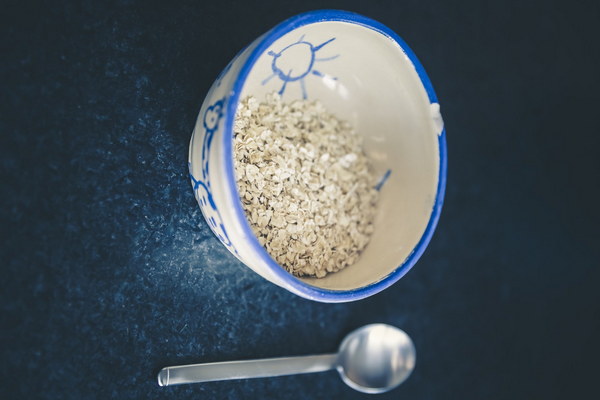Why Fall is the Perfect Season for Lung Care A Guide to Nurturing Your Respiratory Health
As the leaves turn golden and the air turns crisp, autumn arrives, signaling the transition from the fiery energy of summer to the cool, inward nature of winter. This seasonal shift not only affects our mood and energy levels but also demands that we pay special attention to our health. One of the most crucial aspects of self-care during the fall season is lung health. Let's delve into why autumn is the perfect season to focus on lung care and how you can nurture your respiratory system.
The Scientific Reason: Seasonal Changes and Lung Function
The primary reason why autumn calls for increased attention to lung health lies in the environmental factors. As the temperature drops and humidity levels decrease, the air becomes drier. This change in weather can exacerbate respiratory conditions such as asthma, bronchitis, and COPD (Chronic Obstructive Pulmonary Disease). Dry air can irritate the lungs, leading to inflammation and reduced lung function.
Moreover, autumn is the season of allergies, with ragweed and other allergens reaching their peak. These allergens can trigger respiratory symptoms in susceptible individuals, making it essential to take proactive steps to protect your lungs.
Nurturing Your Lungs: Tips for Fall Lung Care

1. Stay Hydrated: Drinking plenty of water helps to maintain the moisture levels in your respiratory tract, reducing the risk of irritation and infection.
2. Humidify Your Environment: Use a humidifier to add moisture to the air in your home, especially if you notice dryness in your throat or nose.
3. Layer Up: Protect your lungs from cold air by wearing appropriate clothing. Excessive exposure to cold can lead to respiratory infections.
4. Exercise Regularly: Engaging in moderate exercise, such as walking, cycling, or swimming, can help to strengthen your lungs and improve overall respiratory health.
5. Avoid Pollutants: Try to minimize your exposure to air pollution, which can be particularly high during the fall. If you must be outdoors, wear a mask to filter out harmful particles.
6. Mind Your Diet: Incorporate foods rich in vitamin C, vitamin E, and antioxidants into your diet. These nutrients help to protect against oxidative stress and inflammation in the lungs.
7. Practice Breathing Exercises: Techniques such as diaphragmatic breathing can help to improve lung capacity and reduce stress, which can have a positive impact on respiratory health.
8. Get Vaccinated: If you have a respiratory condition or are at high risk of infection, consider getting vaccinated against the flu and pneumonia.
The Mind-Body Connection
In addition to the environmental factors, autumn's shift also has a profound impact on our mental health. The shorter days and cooler temperatures can lead to feelings of sadness or depression, often referred to as seasonal affective disorder (SAD). Stress and depression can weaken the immune system, making it more difficult for the body to fight off respiratory infections.
Therefore, taking care of your mental health is just as important as taking care of your physical health during the fall. Engage in activities that boost your mood, such as spending time in nature, practicing mindfulness, or seeking support from friends and family.
Conclusion
Autumn is a season of change, and with it comes the opportunity to focus on lung health. By taking proactive steps to protect and nurture your respiratory system, you can enjoy the beauty of the season without the discomfort of respiratory issues. Remember, the key to maintaining optimal lung health is a combination of environmental awareness, lifestyle changes, and self-care practices. Embrace the autumn season as a chance to breathe deeply, both literally and metaphorically, and enjoy the crisp, clear air that comes with the changing leaves.









